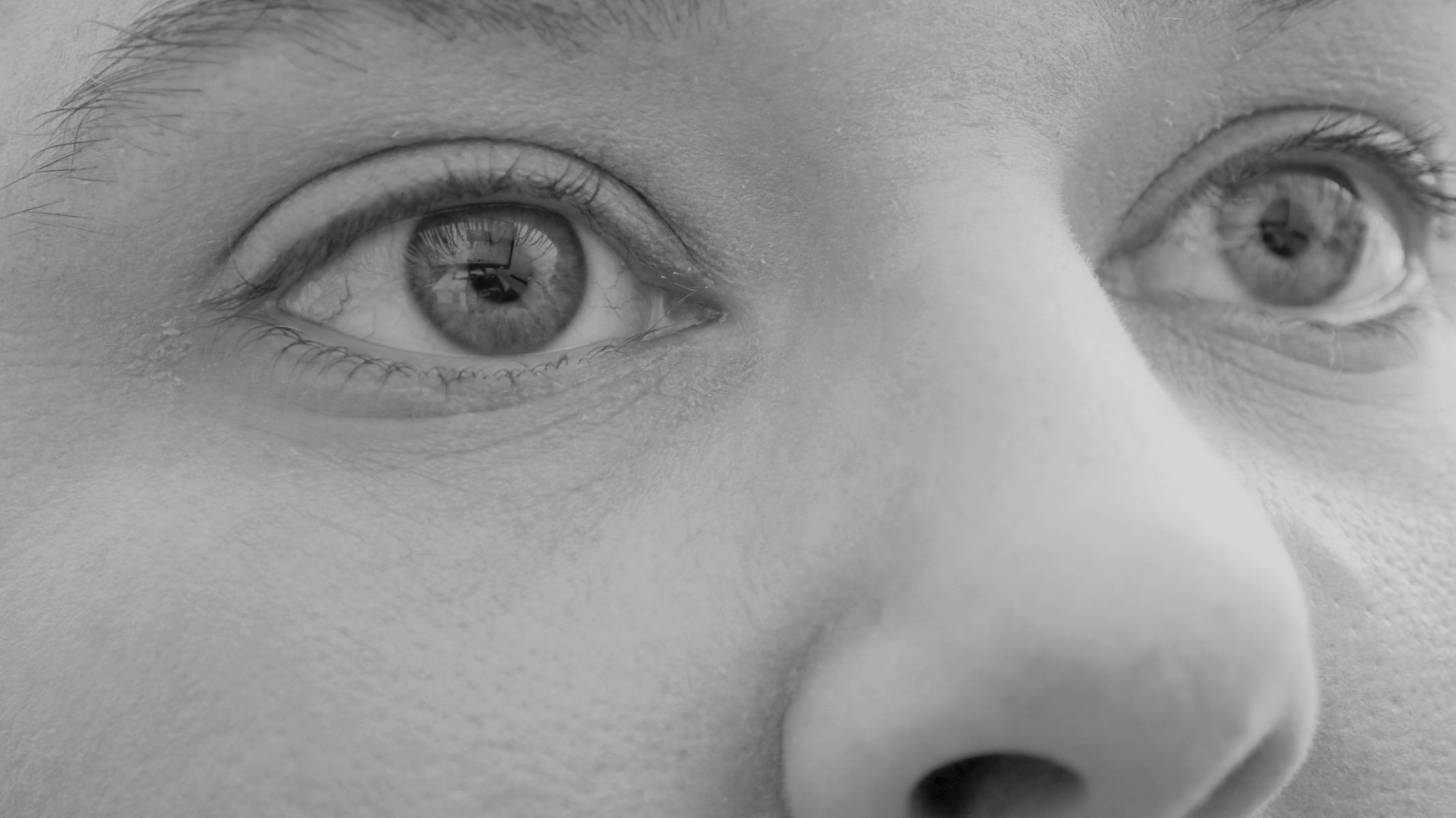Sneezing Is Good for Your Body

When you sneeze, your body is trying to get rid of an irritant in your nose. And, a significant amount of air pressure is released through the nasal cavity.
"Halting a sneeze by blocking the nostrils and mouth is a dangerous maneuver," says a new BMJ Case Report.
It "should be avoided, as it may lead to numerous complications."
This BMJ Case Report presented a rare spontaneous perforation of the pyriform sinus after a forceful sneeze, leading to cervical subcutaneous emphysema and pneumomediastinum.
A sneeze can propel mucous droplets from your nose extremely fast. If you hold a sneeze back, that pressurized air will need to go somewhere.
In this BMJ Case, not sneezing injured the tissue in the man's throat.
Pharyngeal perforation is a condition which often derives from trauma, surgery or infection. It can result in complications without early recognition and treatment. Spontaneous pharyngeal perforation with no identified cause is rare.
This BMJ Case’s conclusion is ‘Simultaneously obstructing both nostrils and mouth during sneezing should be avoided.’
In other sneezing cases, doctors have also seen sinus problems, middle and inner ear damage, ear infections and a ruptured eardrum.
Dr. Aliison Catlett Woodall with the University of Arkansas said “The risk of a hearing loss injury due to holding a sneeze is low. However, it is not impossible.
“This type of trauma to the membranous structures of the middle and inner ear has caused sudden severe sensorineural hearing loss, conductive hearing loss, and even vertigo,” Dr. Woodall said.
If you are worried about spreading germs with your sneezes, and don't have a tissue, sneezing into the crook of your elbow, rather than onto your hand, is "a good practice," said Dr. Woodall.
According to the U.S. Centers for Disease Control and Prevention (CDC), https://www.cdc.gov/flu/about/disease/high_risk.htm here are the top five essential things you can do to avoid infecting others:
- Wash your hands. It is important to wash your hands before eating and after using the bathroom, but also after using a tissue or covering your mouth when you sneeze or cough, sick or not.
- Cover your mouth when you cough or sneeze. Surgical face-masks are an option for keeping your droplets to yourself, but they don't keep your hands clean.
- Stay home. If you're sick, stay home. Try to muster the energy to wash your hands after you use tissues so you don't reinfect everything you touch afterward.
- Don't touch your face. Keep your hands out of your eyes, nose, and mouth, which are direct routes to the bloodstream, that allow a virus to bypass the protective barrier of the skin.
- Avoid sick people. It's a good idea to avoid close contact with other people who are sick. The flu virus tends not to float in the air. Instead, once dispersed, the liquid droplets tend to settle on objects that doctors call fomites, things that people touch that can pick up a virus.
But, if you do catch the flu in 2018, the CDC suggests these antivirals for use during the 2018 influenza season:
- Tamiflu
- Relenza
- Rapivab
Ideally, treatment should be initiated within 48 hours of flu symptom onset.
Most pharmacies in the USA offer FDA approved flu vaccines.
The flu shot cost varies depending on your insurance and which state you live. The CDC Vaccine Price List provides the private sector vaccine prices for general information.
Flu vaccine discounts can be found here.
Our Trust Standards: Medical Advisory Committee


























